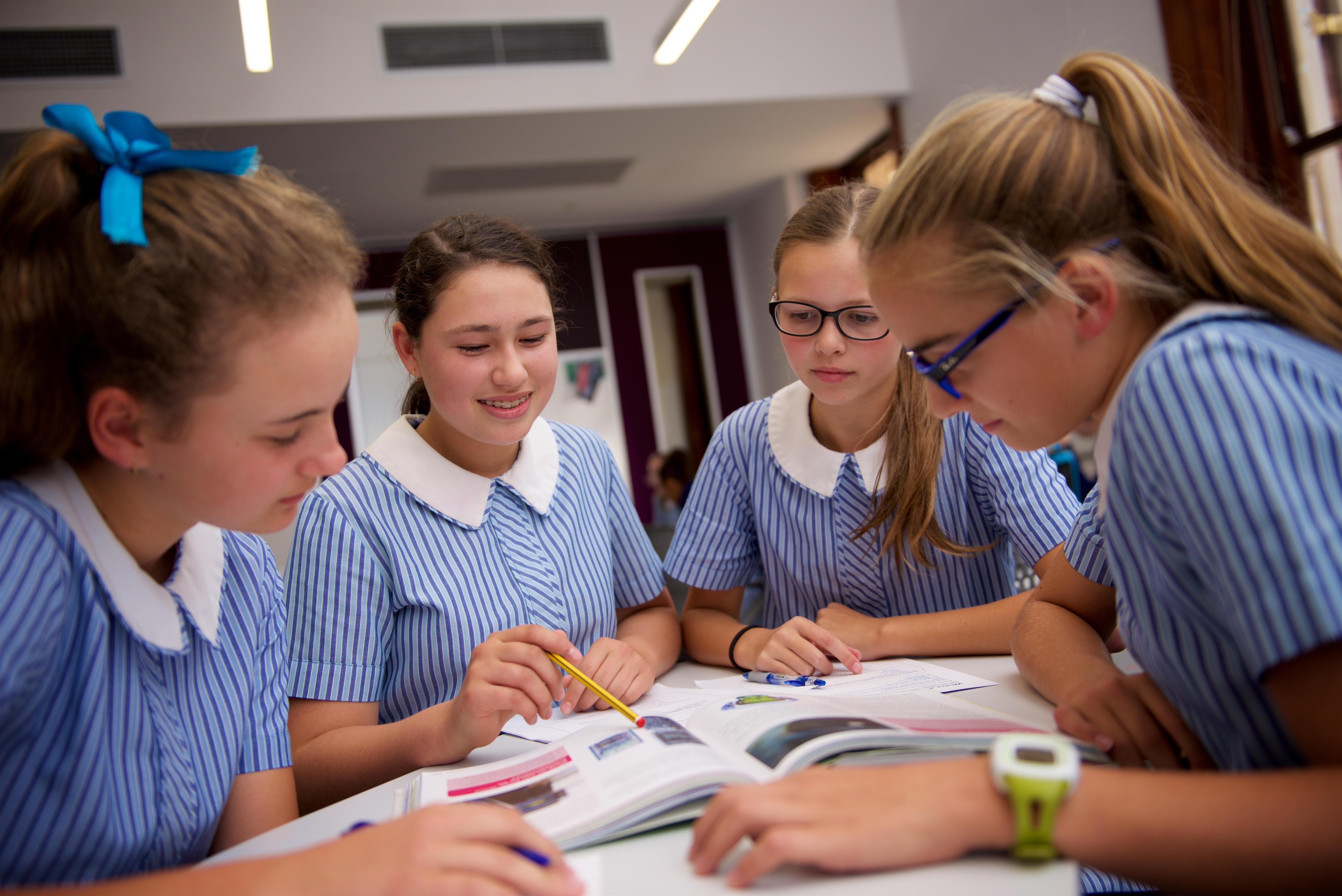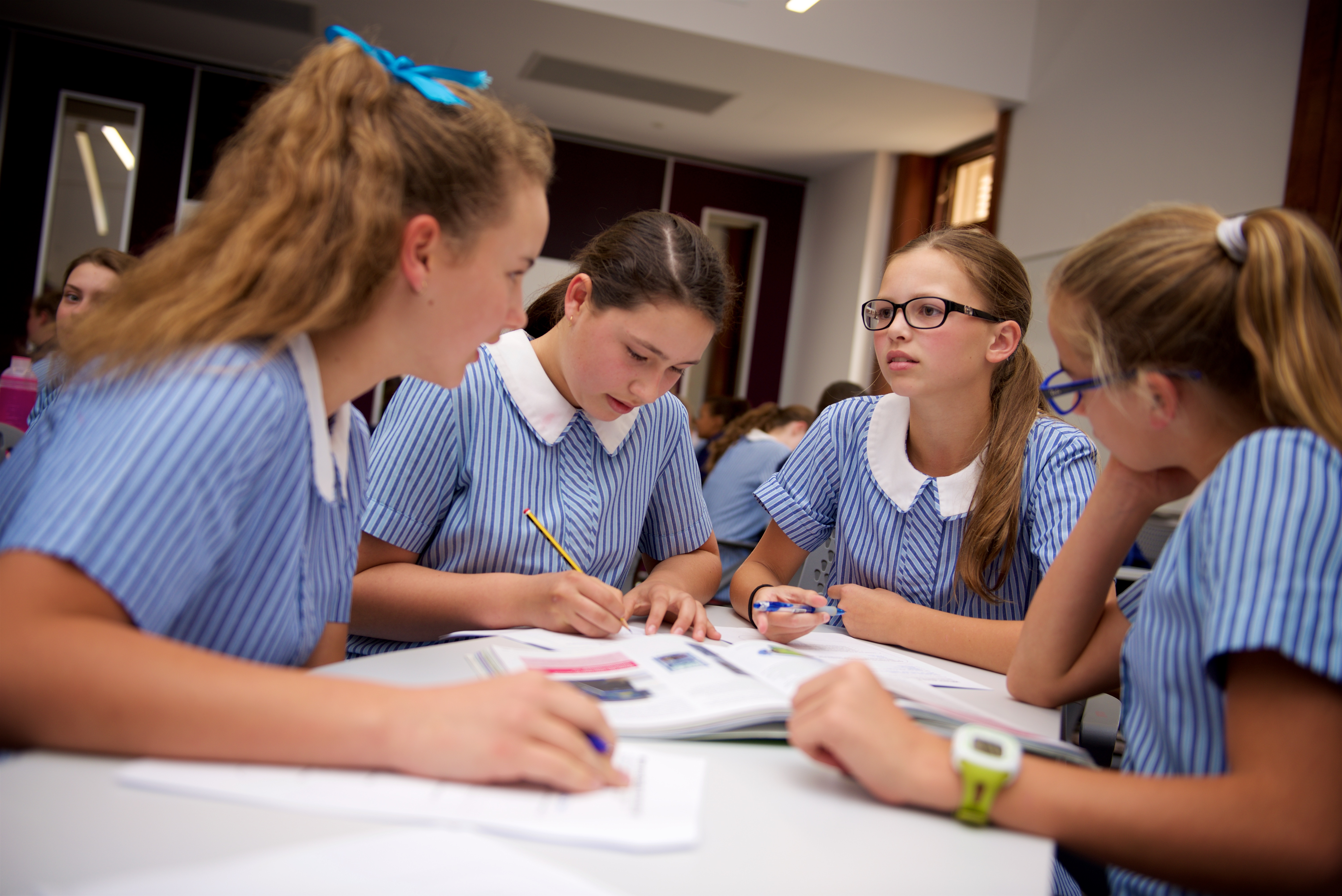
Much has been written in the media lately about supporting young people to manage the risks associated with the online world. I was fortunate enough to attend a session with Brett Lee recently, a well-known expert in this area. I want to share with parents his advice so that we can work together to protect and educate our girls.
Supporting young people to make good choices
Safely navigating the online world is all about supporting young people to make good choices. Problems on the internet are rarely about technology and more often about relationships. It is important that we help our girls to show the same levels of respect and responsibility online as we expect of them in the real world.
Safely navigating the online world is all about supporting young people to make good choices. Problems on the internet are rarely about technology and more often about relationships. It is important that we help our girls to show the same levels of respect and responsibility online as we expect of them in the real world.
The mythology of privacy online – there are only strangers
One of the most common myths surrounds social media is that it is private. Freedom of speech does not enable people to say whatever they like online to whoever they want. Private individuals are subject to defamation law on social media. Privacy online; regardless of a person’s security settings is a myth. Case law has now been established to address this. The reality is that there are 3 billion people on the internet.
One of the most common myths surrounds social media is that it is private. Freedom of speech does not enable people to say whatever they like online to whoever they want. Private individuals are subject to defamation law on social media. Privacy online; regardless of a person’s security settings is a myth. Case law has now been established to address this. The reality is that there are 3 billion people on the internet.
Parental responsibility
Parents have a key responsibility to play in terms of what their daughters are doing online and maintaining an open dialogue about this. Parents should aim to remain up to date with:
Parents have a key responsibility to play in terms of what their daughters are doing online and maintaining an open dialogue about this. Parents should aim to remain up to date with:
-
What their daughter is using online
-
When they are using it
-
Who is joining in; and
-
Verbalising with your daughter what to do if there is a problem.
Key principles for all online activity
It is important that we continue to work together to educate and protect our girls as they engage in online activity. Brett Lee recommends we teach our girls about the five key principles to guide all online activity:
-
People I only know on the internet are strangers.
-
The internet is not private (regardless of privacy settings).
-
I protect my personal details online (i.e. do not give too much personal information)
-
I have rules on the internet and computers (respect and responsibility are paramount).
-
I talk to a trusted adult if I have a problem.
Useful links for staying up to date on cybersafety and student wellbeing




